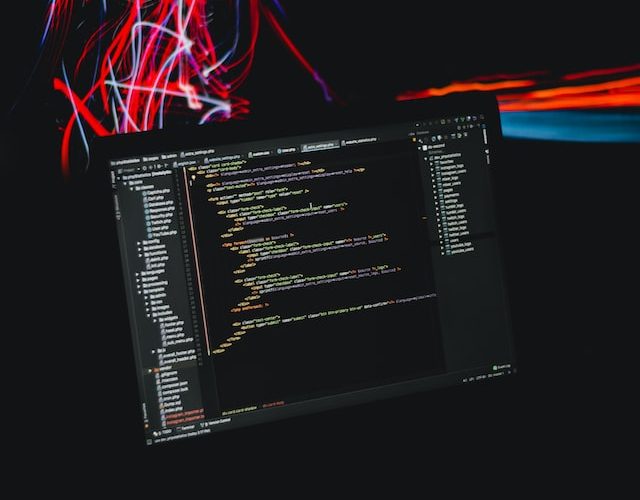In recent years, the advancement of technology has made it possible for us to imagine things beyond what was thought possible just a few decades ago. From augmented reality (AR) and virtual reality (VR) to advanced robotics and artificial intelligence (AI), the possibilities are endless. Now, with AI on the rise, people have begun to explore a whole new realm of possibilities—what if we could create machines that could think for themselves? Machines that could do our bidding by not only understanding commands but by imagining and creating their own solutions? That’s exactly what imagination machines are all about. In this blog post, we’ll discuss how AI could unlock a new world of possibilities through imagination machines, as well as examine some of the potential applications they may be used in.
How can AI be used in different industries?
AI has the potential to revolutionize nearly every industry. Here are a few examples of how AI is being used or could be used in different industries:
Healthcare: AI can be used to diagnose diseases, predict patient outcomes, and recommend treatment options.
Finance: AI can be used for financial analysis, fraud detection, and automated trading.
Transportation: AI can be used for traffic monitoring, route planning, and self-driving cars.
Retail: AI can be used for product recommendations, automated customer service, and inventory management.
The possibilities are endless! With the help of AI, we can solve some of the world’s most pressing problems and make everyday tasks easier.
What are some potential applications of AI?
One potential application of AI is predictive analytics, which can be used to analyze data and make predictions about future trends. This information can be used to make decisions about investments, product development, and marketing strategies.
Another potential application of AI is natural language processing (NLP), which can be used to understand human language and extract meaning from text. This technology can be used for tasks such as sentiment analysis, automatic summarization, and machine translation.
AI also has the potential to be used for personal assistants, such as Siri and Alexa. These assistants can understand natural language queries and carry out tasks such as setting alarms, adding items to a shopping list, or playing music.
In the future, AI may also be used for more complex tasks such as autonomous driving, financial trading, and medical diagnosis.
What are the risks associated with AI?
The risks associated with AI are mainly divided into two categories: the risks posed by AI systems that are not working as intended, and the risks posed by AI systems that are working as intended.
Risks posed by AI systems that are not working as intended include things like errors in data collection or processing, algorithm design flaws, and hardware failures. These kinds of risks can lead to incorrect results or poor performance from AI systems, which could have negative consequences for the people or organizations using them.
Risks posed by AI systems that are working as intended include things like biased data sets, unfair algorithms, and malicious use of AI. These kinds of risks can lead to discriminatory outcomes or other problems for the people or organizations using them.
How can we ensure that AI is ethically sound?
When it comes to the ethical implications of artificial intelligence (AI), there are a few key considerations that need to be taken into account. First and foremost, we need to ensure that AI is designed and used in a way that respects and upholds human rights. This includes ensuring that AI does not discriminate against certain groups of people, or deprive people of their right to privacy. Additionally, we need to make sure that AI is used for the benefit of humanity as a whole, and not just for the benefit of a few individuals or organizations. Finally, we need to ensure that AI is safe and secure, and does not pose a threat to our safety or security.
Conclusion
Imagination Machines and AI technology have the potential to revolutionize our world. With the right combination of human intelligence, creativity, and machine power, we can create entirely new possibilities. Whether it’s advancing medical research or creating new products that make life easier for us all, these machines can unlock a whole new level of progress for humanity. The possibilities are endless if we embrace the potential of this powerful technology.












